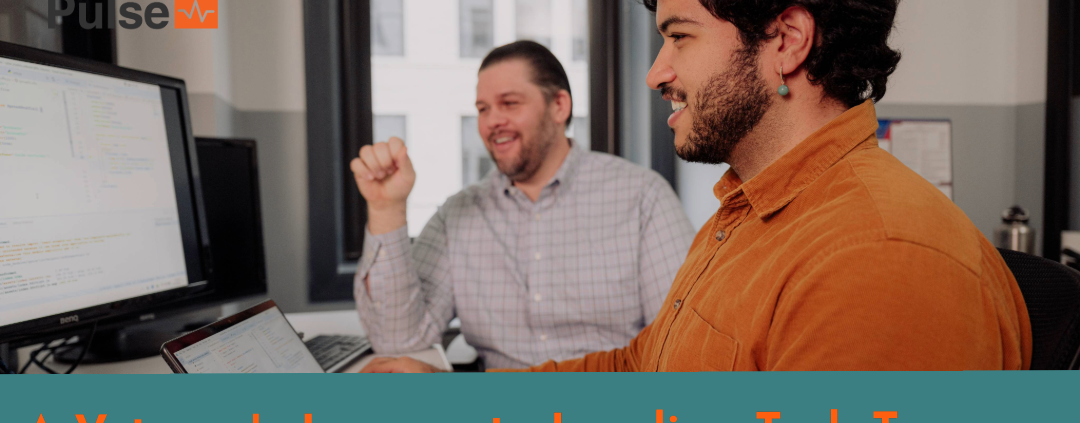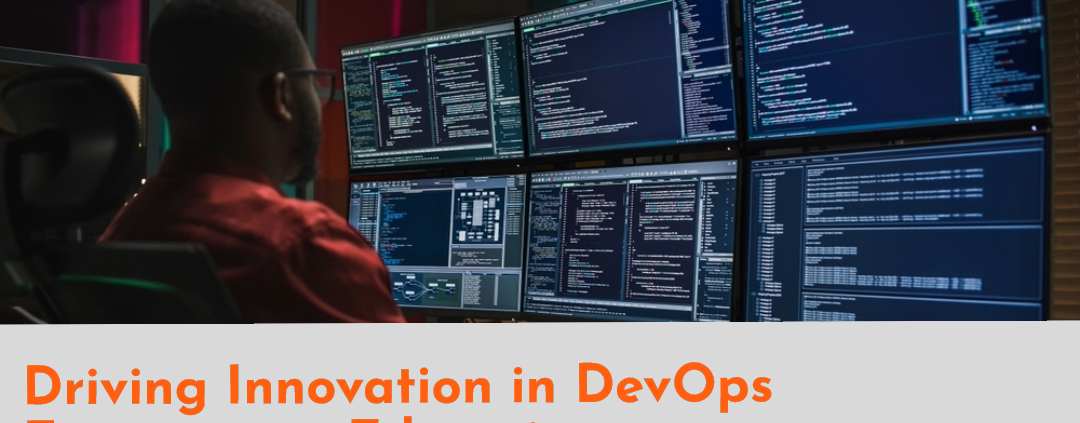A Veteran’s Journey to Leading Tech Teams
Transitioning from a 14-year career in finance to leading software engineering teams is a significant leap. Charles Kubiak, a Marine Corps Veteran and graduate of Code Platoon’s Full-stack Software Engineering program, undertook this remarkable career shift with determination. His journey to tech leadership is a testament to the resilience and adaptability of Veterans in the tech industry.
“When I decided to switch my career from finance to technology, I was ready for the professional change,” Charles says. “It had been several years since I’d felt any job satisfaction. I dreaded going to work every day.”
Charles’ military background was pivotal in shaping his approach to software engineering. Serving as a light armored vehicle commander for four years in the Marine Corps, he developed the perseverance, leadership, and communication skills critical to his software engineering career.
“The resilience developed in the military aids software development immensely,” Charles explains. “Learning to code is emotionally and mentally taxing. When I finish debugging my code and move to the next step, more often than not, it’s identifying a new set of errors to fix.”
“My keys to success have been a willingness to learn and commit to the challenges of software engineering. Understanding that it’s a lifelong learning journey is essential. Code Platoon was only the beginning.”
After graduating from Code Platoon’s Full-stack Software Engineering program, Charles became an Apprentice Software Crafter at 8th Light. Within five years, he has advanced to the position of Software Delivery Lead. In this role, he continues to leverage his unique perspective and military background to drive innovation at 8th Light.
“Innovation isn’t inventing a colossal paradigm shift in an instant; it’s making incremental changes in day-to-day work,” Charles explains. “I’ve spent the last four years replacing a 25-year-old piece of software that required physical servers in 65 locations. Since the project started, my team has retired the software and migrated it to a modern web application development stack hosted on the cloud.”
Reflecting on his growth as a tech professional over the last five years, Charles emphasizes the collaborative nature of modern software development. “Some stereotypes persist about writing code, like the ‘hacker man’ memes, but my typical day isn’t sitting in the dark coding alone. It involves status meetings, planning sessions, and pairing sessions where we work on code together.”
“As a result, communication has been an essential tool from my military toolbelt,” Charles adds. “It’s crucial for software developers to communicate effectively, especially in remote or distributed teams.”
Staying updated with developments in the tech industry is also a priority for Charles. Committed to continuous learning and professional development, he engages in initiatives to expand his knowledge and skills.
One of the ways he contributes to his professional development is by mentoring and instructing at Code Platoon.
“I couldn’t have imagined my transition to tech without Code Platoon,” he says. “Once I graduated, I felt it was vital to stay involved with the organization and help other Veterans going through the military-to-tech transition.”
“My work with Code Platoon has honed my professional skills. Learning something and then teaching it has been a great skill to develop for managing and leading a team.”
As he continues to innovate, mentor, and lead, Charles embodies the ethos from his Veteran background. He continues to make a lasting impact at 8th Light and Code Platoon, inspiring fellow Veterans and leaving an indelible mark on his company’s tech team.


